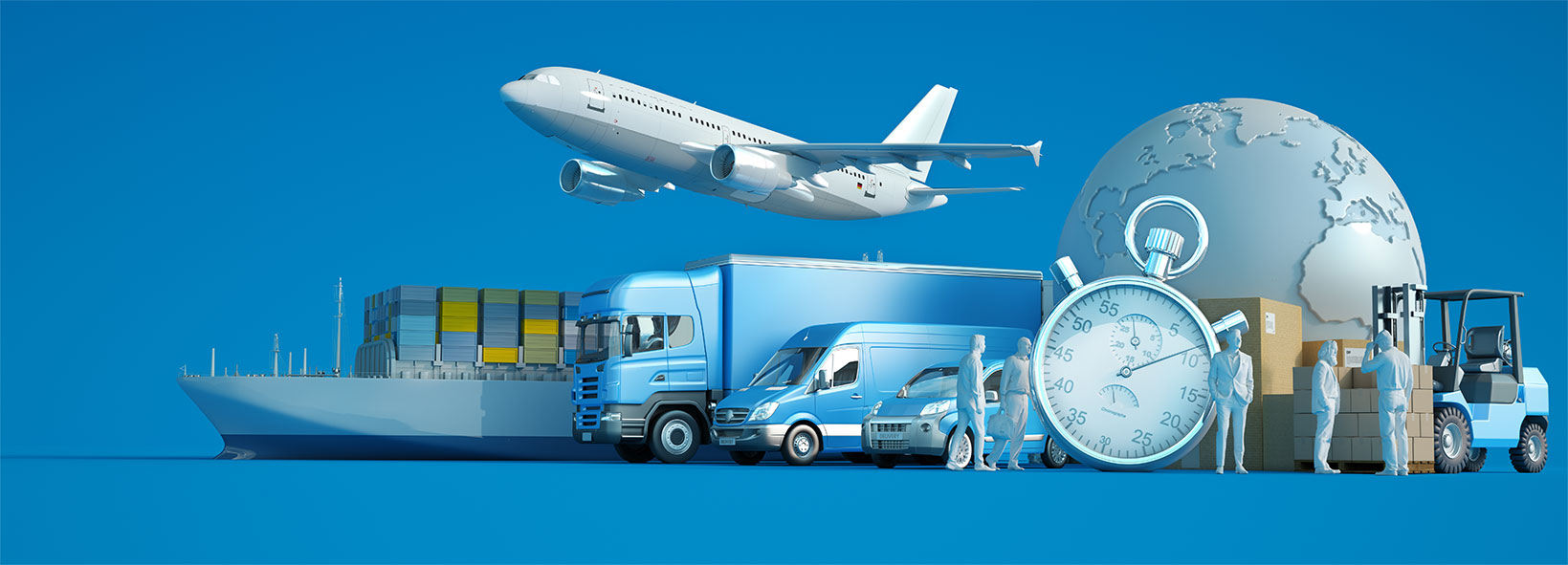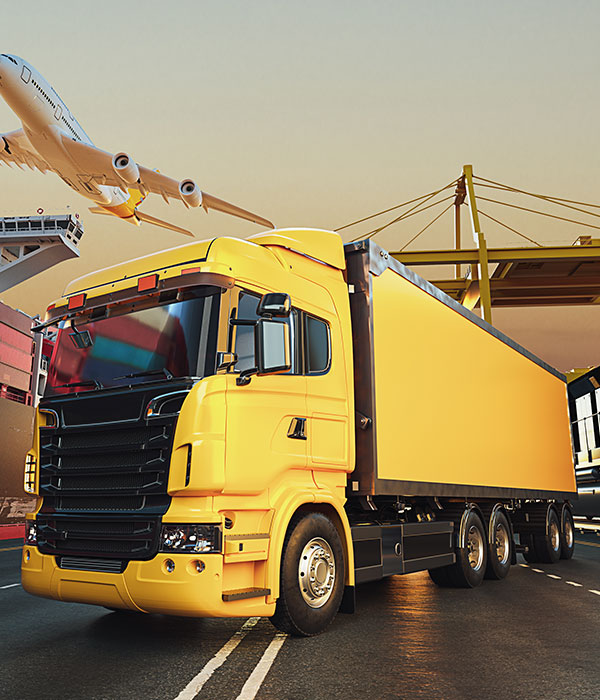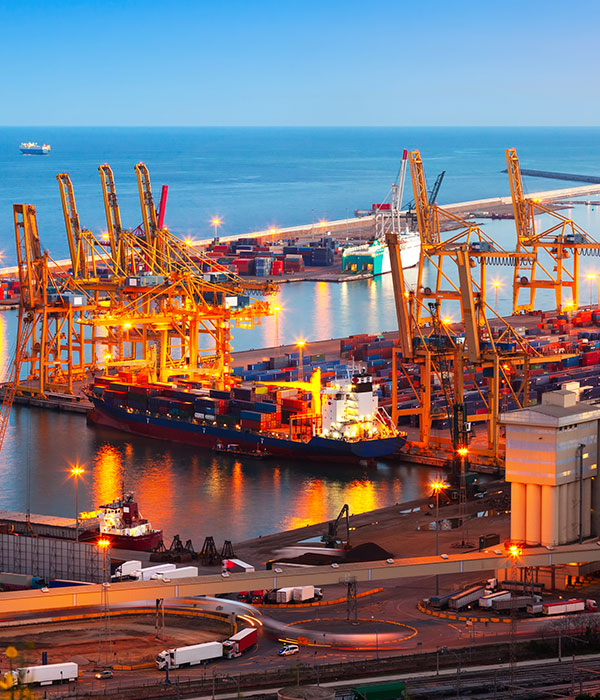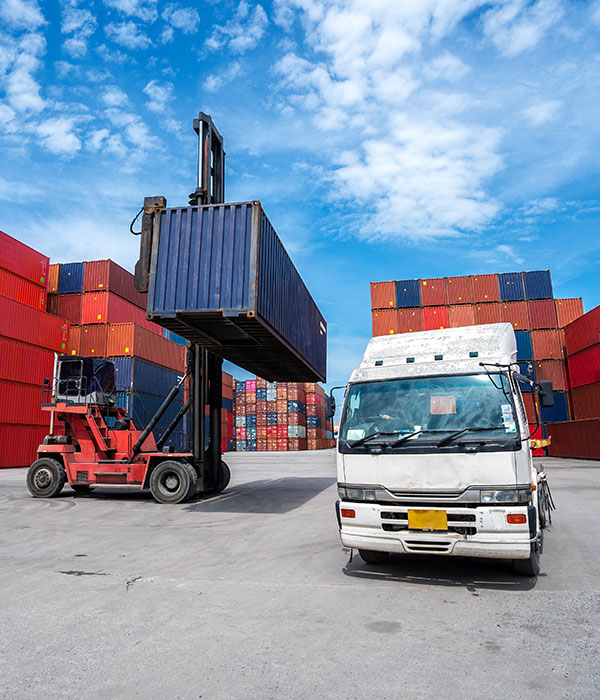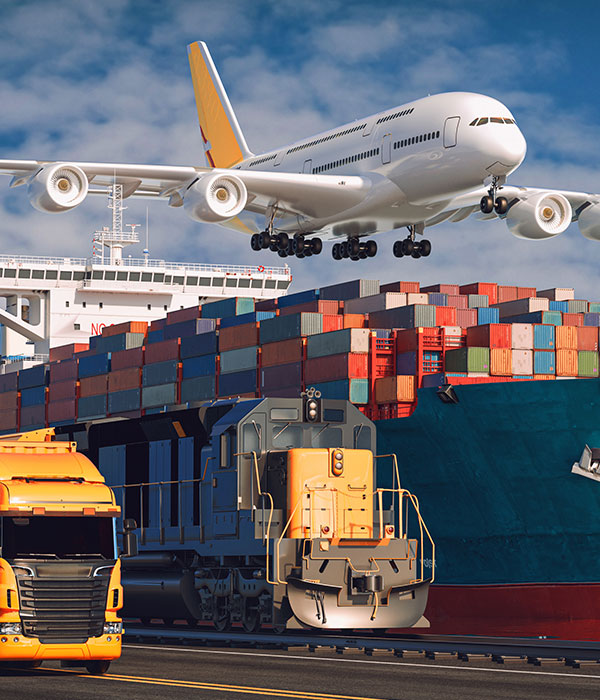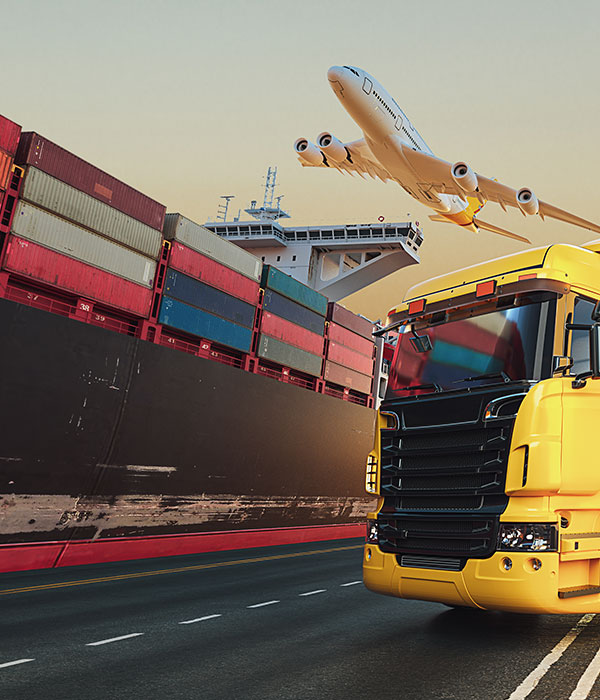Attention! European ports are suffering from heavy car congestion
Electric car makers are not selling as well as expected in European markets, causing congestion at ports, according to insiders in the port, auto industry and supply chain.
Some manufacturers have booked the shipping delivery time in advance without obtaining the follow-up shipping order, resulting in the vehicles being left in the port for a long time like abandoned orphans, unable to be transferred to inland bases and dealers smoothly.
Michael Sturgeon, executive director of the European Automobile Logistics Association, believes that the root cause of the congestion is the recovery of the auto market after COVID-19 pandemic, and the eagerness of original equipment manufacturers to rebuild high inventories. The increase in electric vehicle production and the influx of small manufacturers have further exacerbated the inventory pressure.
Sturgeon also pointed out that Europe's largest auto ports, Antwerp-Bruges and Bremerhaven, have suffered from congestion over the past 18 months, with a mountain of vehicle backlogs and labor problems such as a shortage of stevedoring workers. These delays have brought heavy economic losses to the auto logistics industry.
Sturgeon believes that the disturbance of the Red Sea conflict on sea schedules has provided a short respite for European car terminals, but the ro-ro terminals are still operating at almost full capacity, and more space is urgently needed to deal with inventory pressure.
In addition, OEMs are gradually shifting their sales model from dealers to agents, and this shift also requires more strategic inventory space to support. Sturgeon said that the congestion in European ports is not over yet, and inventories are being rebuilt, but transaction volume is still rising everywhere, and there is no sign that this situation will decrease.
注意!欧洲港口正遭受大量汽车拥堵
据港口、汽车行业和供应链内部人士的透露,电动汽车制造商在欧洲市场的销售并不如预期,造成了港口拥堵。
有些制造商在未获得后续运输订单的情况下,便提前预订了海运交付期,结果导致车辆如同被遗弃的孤儿,长时间滞留在港口,无法顺利转移到内陆基地和经销商手中。
欧洲汽车物流协会的执行董事迈克·斯特金认为拥堵的根源在于新冠疫情后的汽车市场复苏,原始设备制造商急于重建高水平库存,而电动汽车产量的增加和小型制造商的涌入,进一步加剧了库存压力。
斯特金还指出,欧洲最大的汽车港口安特卫普-布鲁日和不来梅港在过去18个月中饱受拥堵之苦,车辆积压如山,同时还面临着装卸工人短缺等劳动力问题。这些延误给汽车物流行业带来了沉重的经济损失。
斯特金认为,红海冲突对海运班次的干扰为欧洲汽车码头提供了短暂的喘息机会,但滚装码头仍然几乎满负荷运营,急需更多空间来应对库存压力。
此外,原始设备制造商正逐步将销售模式从经销商转向代理商,这一转变也需要更多的战略库存空间来支撑。斯特金称,欧洲港口的拥堵现象尚未结束,库存正在进行重建,但各地的成交量仍在不断攀升,没有迹象表明这种情况会减少。



